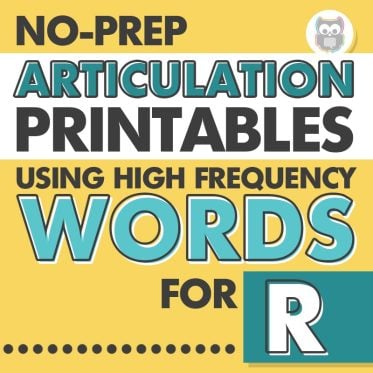Speech and language therapists use many different techniques to improve communication for people of all ages. They teach children how to speak clearly, read aloud, and understand written words. They also help adults overcome problems with pronunciation, fluency, and articulation. Adults who have experienced strokes or traumatic brain injuries may need speech therapy to help with language needs as well.
Types Of Speech Therapy
Speech and language therapy is a pretty vast field, with lots of areas of expertises. Speech therapists learn how to assess and treat difficulties with articulation, language, stuttering (fluency), voice, and oral motor issues like swallowing. Each of those areas has many subcategories. While there is a lot of research and studies about all of these specialties, speech therapists must always keep individual needs in mind. What works for one person might not work for everyone. In the end, all types of speech therapy work together to help children and people of all ages become more independent communicators.
Who Can Provide Speech Therapy?
Speech therapists provide services to children who have difficulty communicating because of developmental delays, neurological disorders, or other medical issues. They often work closely with a variety of professionals, including teachers, doctors, occupational therapists, physical therapists, behavior therapists, and even radiologists, depending on the setting and need.
Why Do Some Children Need Speech Therapy?
A child who has trouble speaking may not understand how to use words correctly. This can cause communication difficulties. In some cases, a child may need speech therapy to help him or her speak clearly. Other times, a child needs speech therapy to improve his or her ability to listen and express themselves.
How Does It Work?
Speech therapists work with children to teach them new ways to talk and understand what other people say. They do this by using different techniques, such as teaching children to imitate sounds, repeating words, and practicing speaking. Language therapy might focus more on using a wide variety of words and word types (like nouns, verbs, and adjectives), or even up to reading and comprehension. These methods help children become more comfortable talking and listening.
What Is Speech Therapy For Kids With SLI?
Children who have specific language impairment (SLI) often struggle to speak clearly and use grammar correctly. This makes it difficult for them to communicate effectively with others. A speech therapist can help these children improve their communication skills.
What Can You Do?
I highly recommend reaching out to a speech-language pathologist if you have concerns about your child. This could be at a private practice, or even your local school or early childhood community program, where your child may qualify for services paid by the school district.
If your child is already receiving speech therapy and you want to do more, I suggest you check out my Teachers pay Teachers store! Many of my products include worksheets that could give your child extra practice at home. Just make sure to reach out to your SLP so you know what skills your child is working on and how you can best support them at home!





















Leave a Comment